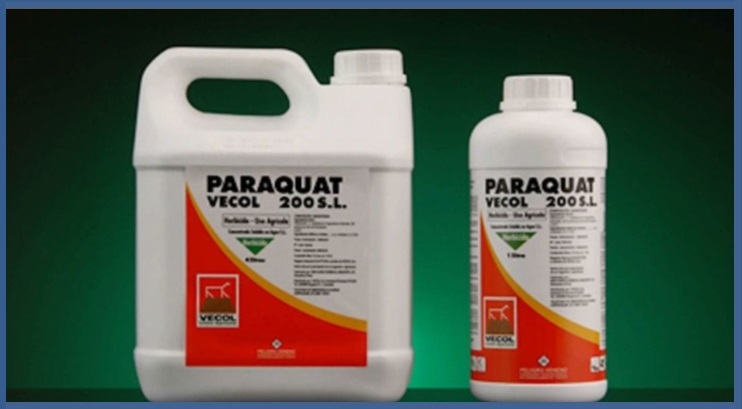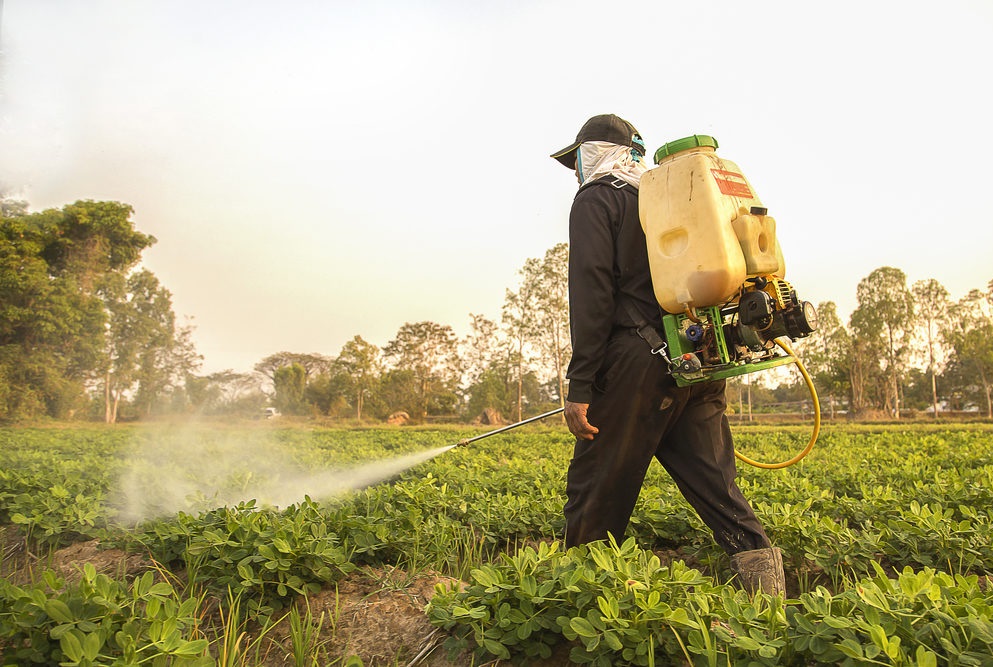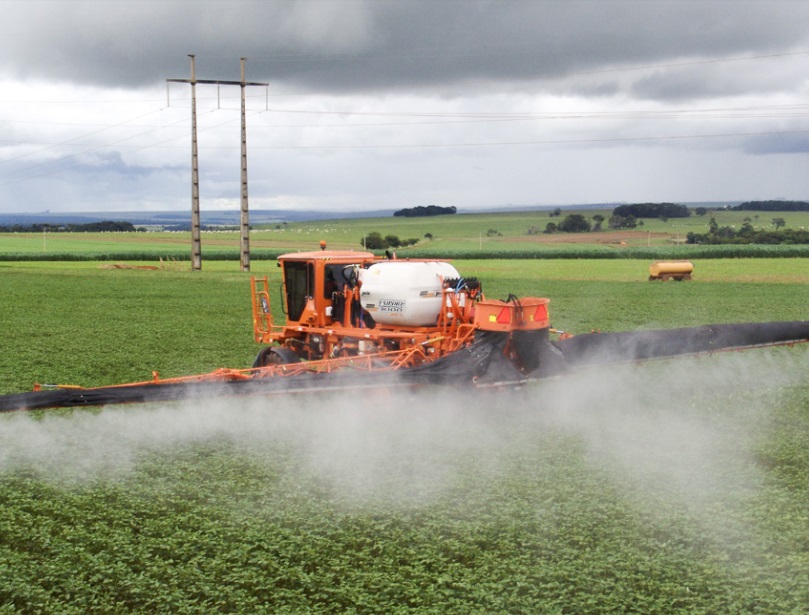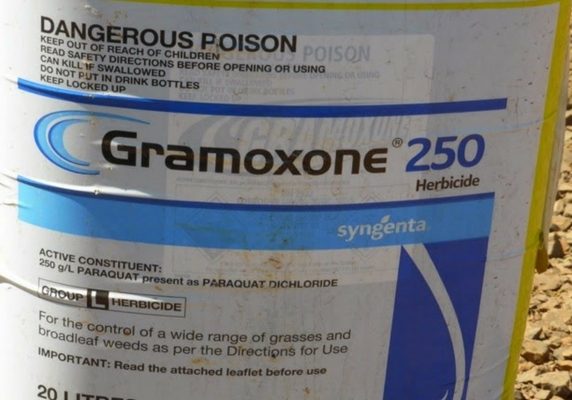Paraquat, Parkinson’s, and the Latest Update
Tue Feb 8, 2022 by Oppenheim Law on Class Action Lawsuits

Chevron U.S.A., Inc., Syngenta AG, and Syngenta Crop Protection LLC, multi-national companies involved in chemical and agricultural products, are currently being sued over damages caused by paraquat dichloride, commercially known as Gramoxone. Only available to licensed applicators due to its lethalness, paraquat is a chemical compound used as a herbicide that has been linked to Parkinson’s disease. Paraquat has been used in the U.S. to control weeds and grass growth as well as to destroy cannabis plants. As such, paraquat products were typically sold in the form of liquid concentrates that were diluted with water in a tank and then applied by spraying the diluted product on weeds and grass.

Paraquat’s harm to humans is so widely known, therefore the version sold in the United States is required to be dyed blue to keep it from being confused with beverages, has an artificial strong odor, and an added agent that would force a person to vomit if they ingest the chemical. Nevertheless, forms of Paraquat produced elsewhere may not have these safety measures, opening the possibility of accidental consumption. It is more worrying, however, that the EPA has confirmed that people can also be exposed to Paraquat through brief contact with the eyes or skin.
Paraquat is no stranger to controversy, as it has been the center of many headlines for various decades. In Japan in 1985, 35 people were poisoned and 10 were murdered using paraquat-poisoned beverages, dubbing this killing spree the “Paraquat Murders.” In addition to murder, paraquat’s lethality has also been linked to suicide. In 2011, South Korea banned the sale of paraquat, and by 2015, just this law led to a 15% decrease in suicide mortality rates.
Other countries have instead focused on its danger to human health as opposed to its link to such murders and suicide. For instance, the European Union decided to ban paraquat in 2007 citing that when it approved the use of paraquat in 2004, it failed to consider the relationship paraquat had to Parkinson’s disease and therefore sanctioning the use of the chemical “fails to satisfy the requirement of protection of human health.”

As early as 2009, an Agricultural Health Study, conducted by a team of scientists from several government agencies, concluded that Parkinson’s disease was more common in individuals with prolonged use of herbicides or those who had a “high exposure event.” In 2015, the scientists found that use of protective gear and careful hygiene amongst paraquat users was directly related to a reduced rate of Parkinson’s disease. Moreover, in 2018, exposure to Paraquat specifically was specifically linked to Parkinson’s disease in a separate study.

On February 23, 2021, a lawsuit was filed by an Illinois couple who allege that due to the regular, frequent, and prolonged exposure to paraquat which was obtained from the Defendants, Plaintiff husband suffers from Parkinson’s and his wife has suffered losses of the services and consortium of her husband. Plaintiff husband alleges that exposure as a crop duster between 1964 and the early 1980s resulted in his Parkinson’s diagnosis in November 2019.
Central to this suit is the allegation that the Defendants knew or should have known that their paraquat products would create a substantial risk of harm to those exposed. Specifically, Defendants knew or should have known that paraquat could and did enter the human body by the skin absorbing the chemical, including through the nose, mouth, cuts, abrasions, airways, or other tissues, effecting the lungs and overall respiration.
In January 2022, 16 cases were identified to be included in the bellwether program by the U.S. District Judge currently presiding over all federal Paraquat Parkinson’s disease lawsuits. These will be used for a series of jury trials which are expected to begin by November 2022. These trials will have the ability to have a significant impact on potential Paraquat settlements used to resolve the litigation.

If you have been exposed to paraquat or Gramoxone and developed Parkinson’s disease, please call us at (954) 384-6114 so that we may evaluate if you may be entitled to financial compensation. Our team at Oppenheim Law recognizes the emotional impact this exposure can have on families and individuals. That is why our firm provides a team of professionals committed to zealously represent our clients.
From the Trenches,
Roy Oppenheim
Originally posted at: https://www.oppenheimlaw.com/paraquat-lawsuit-attorneys/


Leave a Reply